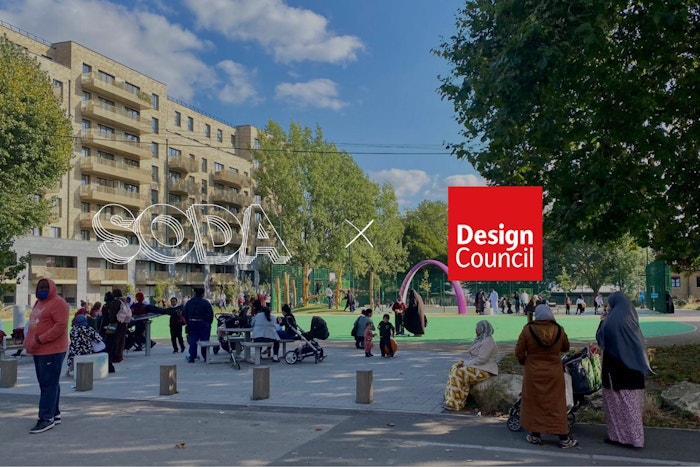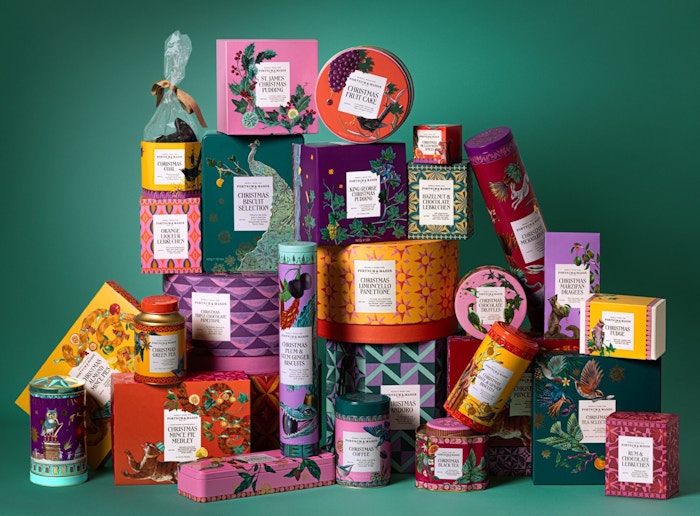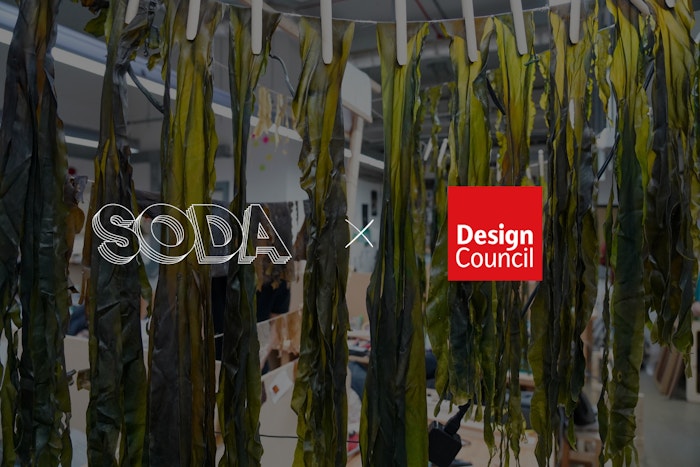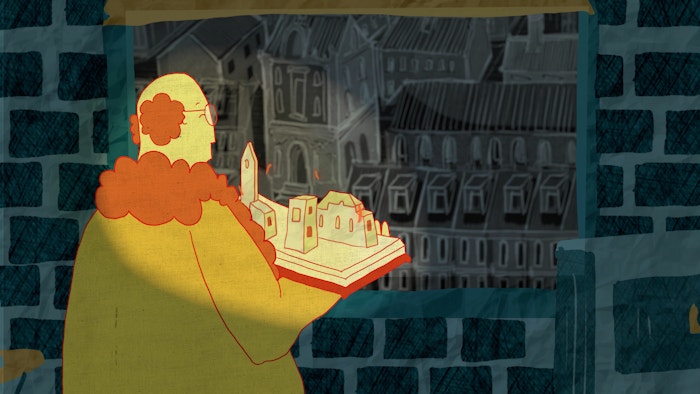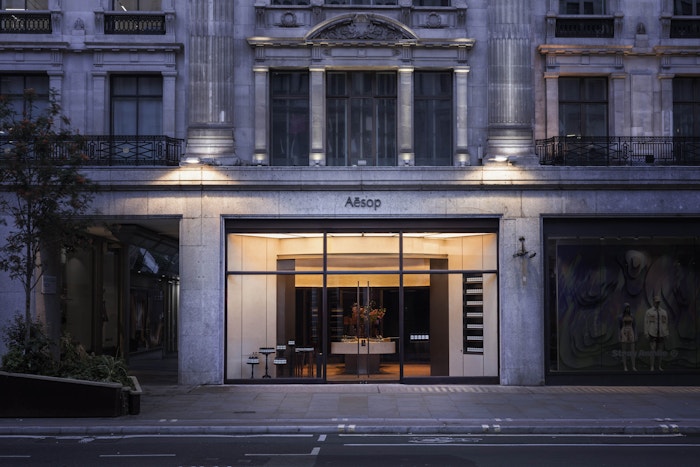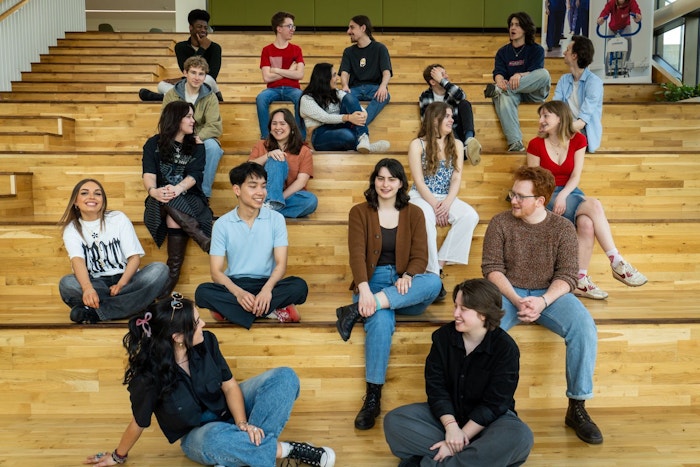
09 Oct 2017
the perfect equilibrium
With more and more brands battling for our attention across a growing number of platforms, information overload and digital dependency are very real problems in modern life. Helena Corvin-Swahn explores an emerging mindset among some brands and creatives who are doing more to balance commercial objectives with the wellbeing of their customers.
The brand and marketing calendar is punctuated by regular events that share insights, learnings and success stories about consumer engagement. At these festivals and conferences, the Holy Grail is a deeper, richer, more personal engagement between brands and ‘users’.
A curious term for consumers and audience, the word ‘user’ presents interesting semanticcontradictions that are relevant to the creative sectors.
In the context of digital, ‘user’ originates in user-centred design, an approach borrowed from industrial design that places the needs, wants, behaviours and limitations of a product’s end user at the heart of the product experience. In digital and technology terms it’s about the development of good well-planned user interfaces and product journeys, services or experiences.
'In our connected lives brands are fighting for attention like never before and the health and wellbeing of consumers is not being given enough consideration'
It is the context of marketing and advertising that ‘user’ becomes less positive. Appropriated by marketers to describe their consumer or audience, ‘user’ is also a term associated with the language of substance abuse; and this is no coincidence. A quick Google of ‘heavy users’ reveals a slew of business, marketing and finance related links, with businessdictionary.com at the top, happy to define ‘heavy users’ as the “critical segment of population at which most of the marketing efforts are directed”. It’s not until half way down page 2 of the search results that actual substance abuse filters through, and yet this is where the term’s psychological connotations originate.
Describing users in this context presents an uncomfortable strategic truth that in our connected lives, brands are fighting for attention like never before, and the health and wellbeing of consumers and audiences are not being given enough consideration.
This was highlighted earlier this year, in the focus of two events. Advertising Week Europe, a massive week long assembly that attracts almost 28,500 attendees, invited us to celebrate the power of advertising in a connected world. Agencies and brands gathered in Central London to show off award winning work, and discuss, debate and champion the best campaign and engagement strategies to draw consumers, like bees to honey.
Meanwhile, over in East London, customer insights agency Northstar and design agency Six:Thirty presented ‘Beneath The Surface’, a small ‘mini-conference’ that fitted the audience into an office suite and explored the human impact of our ‘always on’ culture. At this event, speakers discussed how brands, marketers and designers can help consumers and users live in healthy relationships with technology. Inspired by research that maps out the darker impact of technology, from bullying and trolling to anxiety and ‘fear of missing out’, the event explored positive strategies to help manage the impact of technology.
'Brands that respect the ‘user’ as an individual should actively take responsibility for their role in potentially contributing to stress, overwhelm and dependency, rather than simply focusing on ‘engagement’ statistics'
Where does this undeniable contradiction leave the creative community? And what role or responsibility, if any, do or should we have in the individual’s relationship to technology and information overload?
Northstar believes that it’s time to address the emotional as well as practical needs of the individual consumer, and that it’s absolutely possible to balance commercial benefits with useful social responsibility. The agency’s consumer research revealed a number of dysfunctional behaviours and expressions associated with our dependency on digital, and argued that there is a place for brands that recognise and invest in respectful relationships with their customers. In this context, brands that respect the ‘user’ as an individual should actively take responsibility for their role in potentially contributing to stress, overwhelm and dependency, rather than simply focusing on ‘engagement’statistics. This ‘connection through meaning’ approach, Northstar argues, will ultimately generate less customer frustration and greater brand affinity.
Putting the customer at the heart of a marketing and communication strategy, in the true spirit of user-centered design, means moving away from the notion of the ‘user’ in the cynical sales focused context associated with ‘heavy’ or ‘light’. It means acceptance of the customer as an emotionally nuanced individual that needs, even thrives, on support through relevant content and conversation. It means adopting brand strategies that balance profit with care.
- Words by Helena Corvin-Swahn
- https://twitter.com/hcswahn - Keep up to date with Helena over on her twitter ...









